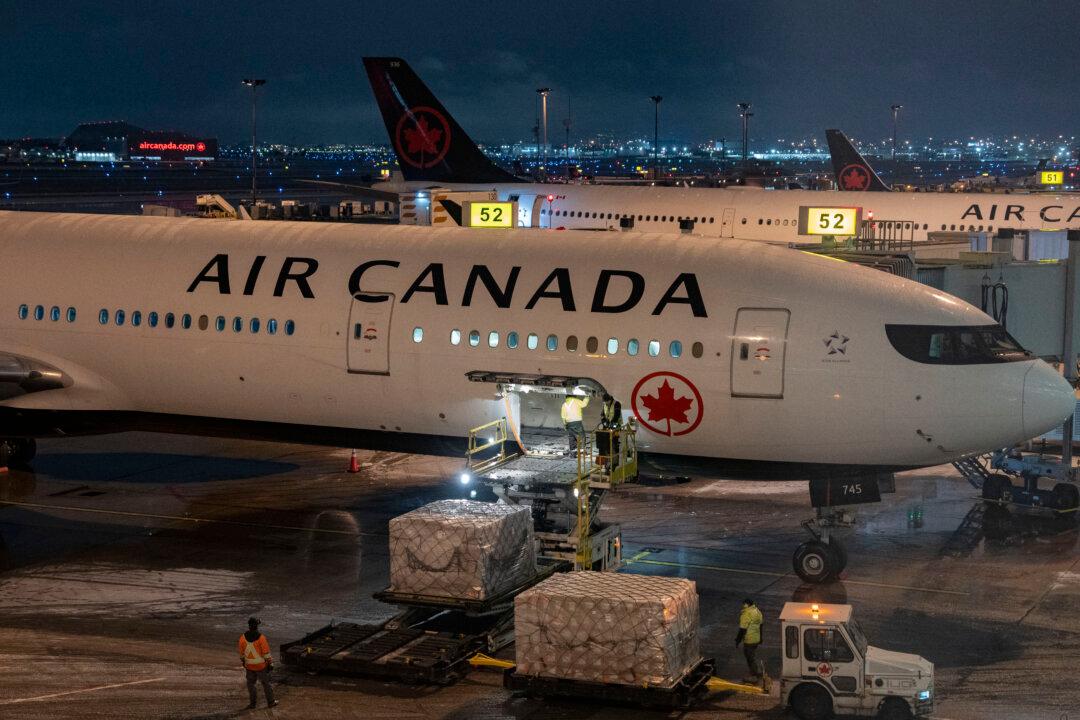OTTAWA—A showdown over the competing economic visions of Donald Trump and his fellow world leaders is shaping up for their very first get-together at the G7 summit in Quebec on June 8.
Trump’s fellow G7 leaders will use their initial gathering in Charlevoix to confront the U.S. president over his controversial decision to impose punishing tariffs on steel and aluminum imports, senior Canadian officials said on June 5.





